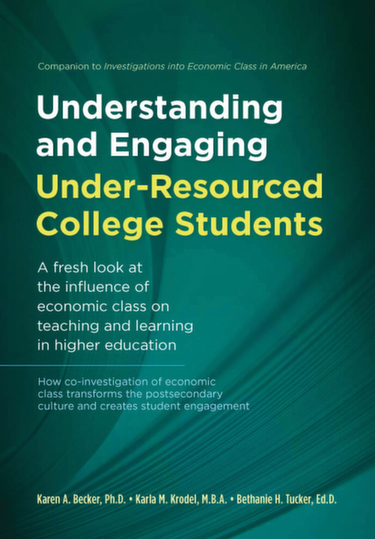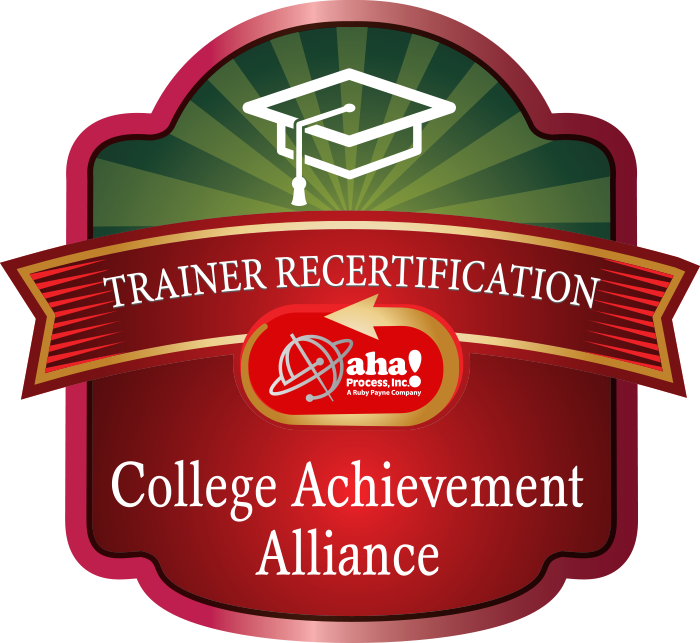Under-resourced and first generation students now comprise the majority of students
entering college, but colleges and universities sometimes fail to recognize their
unique strengths and challenges. The result is astonishingly low rates of retention,
persistence, and graduation.
How does poverty impact college student success, and what can campuses do to
improve outcomes for students from poverty and those who are first-generation
college students? How can we help students take on the role of knowledge creator to
influence both their human agency and the social structural forces at work in their
community and on their campus?
This workshop moves from understanding the what and why of under-resourced
college students to developing how-to teaching approaches and program-design
strategies for success.
Participants will gain tools to improve retention, persistence, and graduation rates.
Expected outcomes include:
Enhance Empathy and Insight
• Understand the concepts of economic class, social knowledge, and cultural capital
as they relate to student success.
• Broaden perspectives on poverty and first-generation students.
• Build students’ resources for stability, access to power, and informed choices.
Implement Proven Strategies
• Learn the social knowledge (hidden rules) students bring to campus.
• Use language to negotiate and navigate environments of poverty and middle class.
• Direct-teach cognitive skills for increased achievement.
• Use mediation to move students from concrete learning to the abstract thinking
and planning required in college.
Retain and Graduate More Students
• Create transformational relationships of mutual respect.
• Use motivational interviewing and a process of change.
Change the College Landscape
• Create a College Achievement Alliance.
• Include students in program design and systemic change.





